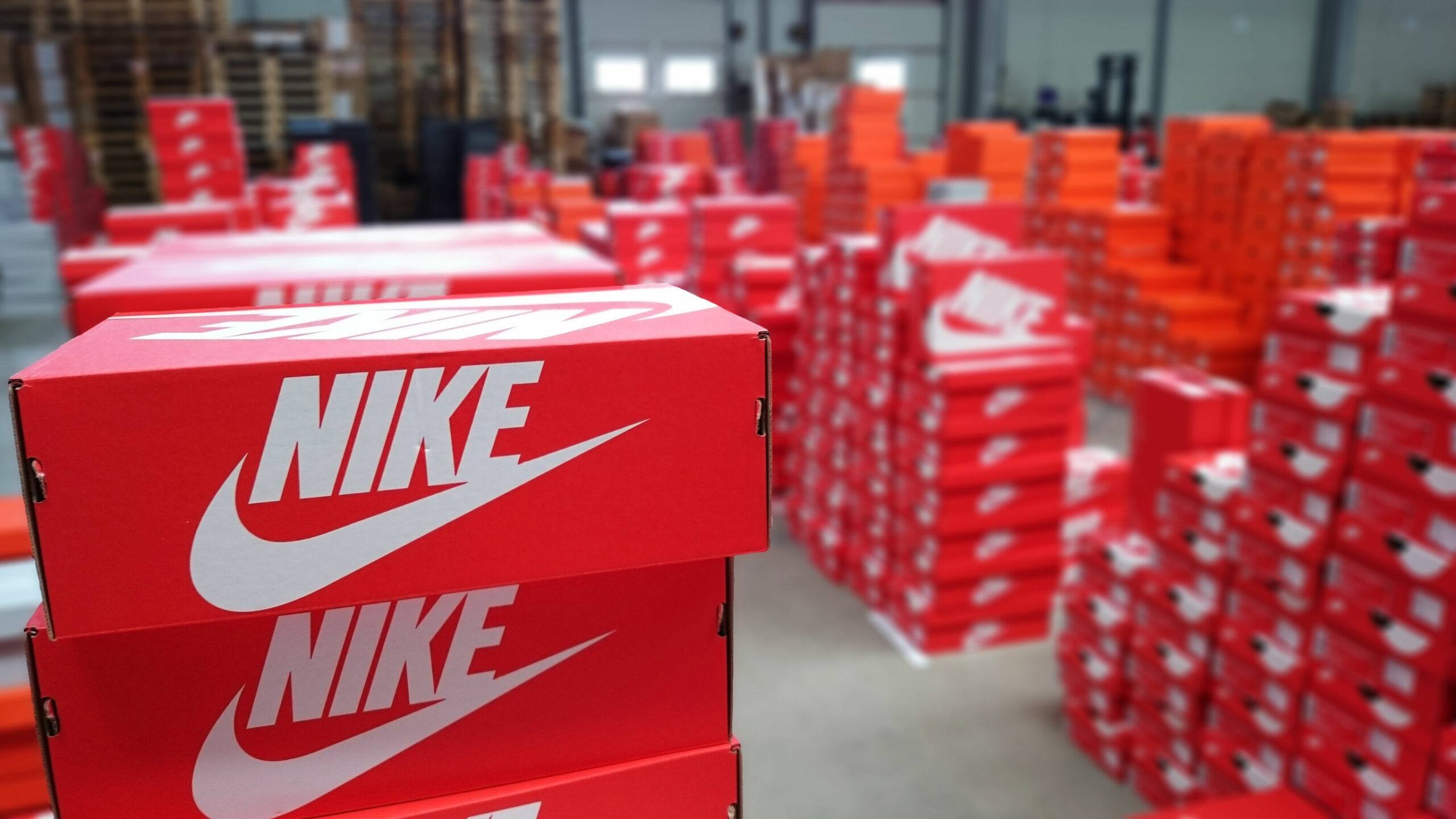It’s not surprising that Nike ended its pilot with Amazon. In fact, for some time now, there has been a visible struggle between big brands and their play on major marketplaces. Brands bring customers to marketplaces, and marketplaces service them; in this case, Amazon offers brands an additional sales channel. But a critical question comes up: who owns the customer relationship? Here lies the dilemma, and brands, like Nike, aren’t taking any chances with their customers.
What lies behind the customer relationship
Without the superior delivery experience offered by Amazon, will consumers shopping with Nike continue to buyers at checkout?
When a brand sells on a marketplace like Amazon, it obviously has a substantial impact on margins. But that’s only the short term impact. The longer-term impact is that brands will lose control of their customer journeys, data, and relationships. In Nike’s case, Amazon’s marketplace, fulfillment, and delivery, become a significant part of their customers’ experience. Some might argue that Amazon is the owner of that relationship.
This is already tangible in the U.S. grocery space with Instacart. A recent study (Dissecting the Instacart Addiction by Karen Short from Barclays Investment Bank) shows that only 45% of Instacart users would remain loyal to their grocer, if that grocer was no longer available on Instacart.
The key to fostering a relationship with customers lies within the data. And, customer data begins with product search, browse, purchase and post-purchase experiences. Nike’s move aims to have its customer NOT go through Amazon, in its path to own the relationship – but is that sufficient?
Nike customers will continue to enjoy a more personalized brand experience online or in-store, enabled by the data they have collected. But the question arises, without the superior delivery experience offered by Amazon, will consumers shopping with Nike, transition to buyers at checkout? Will Nike’s current fulfillment and delivery options meet the demands of today’s “I want it now” customers?
In its current online sales model, Nike charges on a $25 charge for next day delivery (members get charged $15), while Amazon offered free same-day to Prime members. And, given 70% of US consumers will purchase from one store over another for a greater delivery experience, any other marketplace or retailer offering more attractive fulfillment options becomes a barrier, preventing Nike from owning the customer relationship and data.
It will be interesting to see what Nike will now do to strengthen its positioning as a retailer and ensure that consumers not only browse their products in a Nike digital or physical environment but also buy them there.



